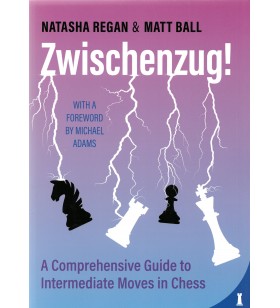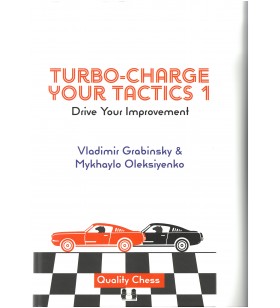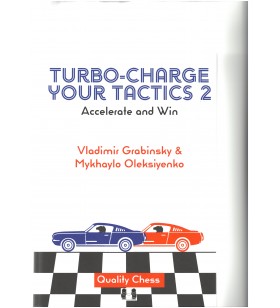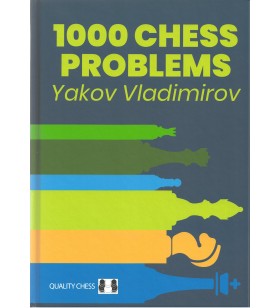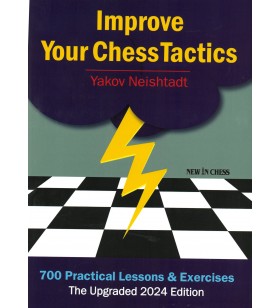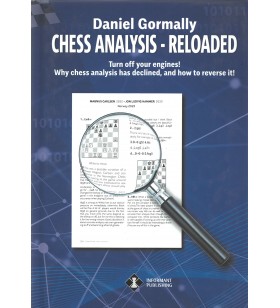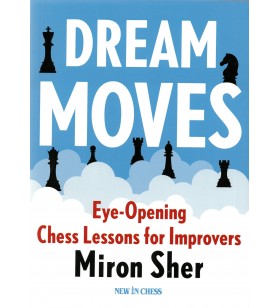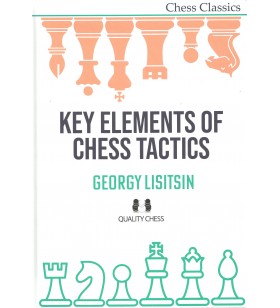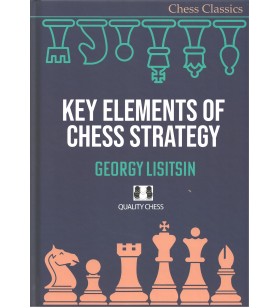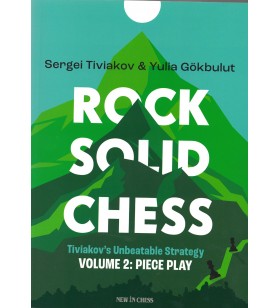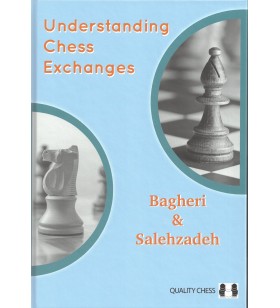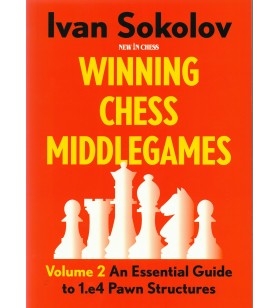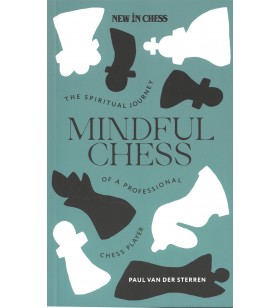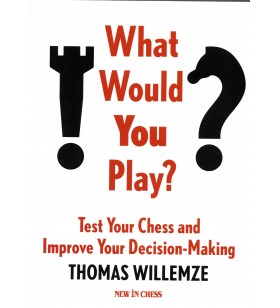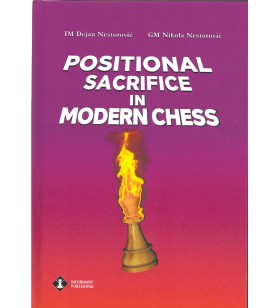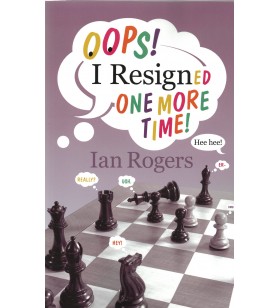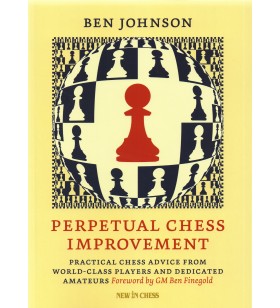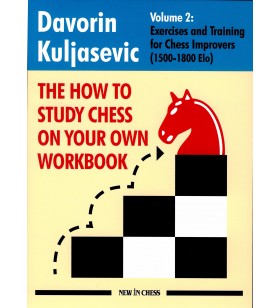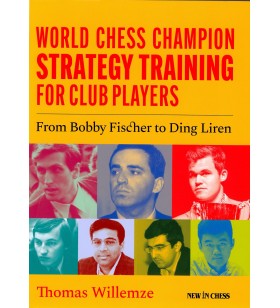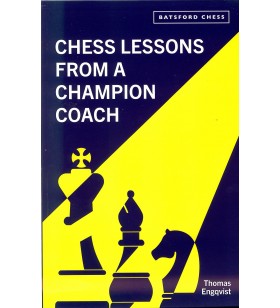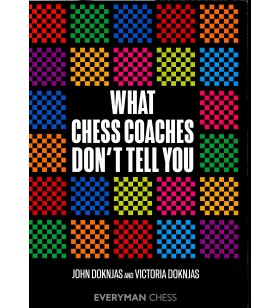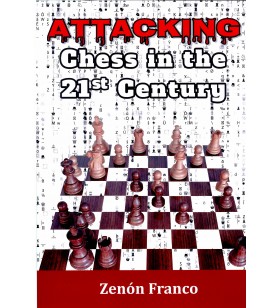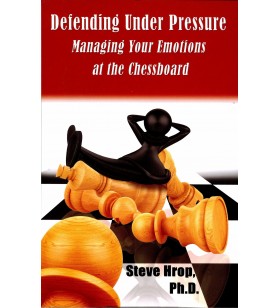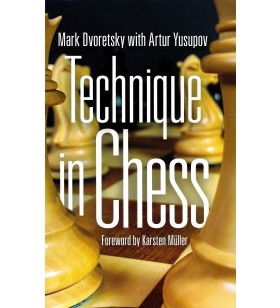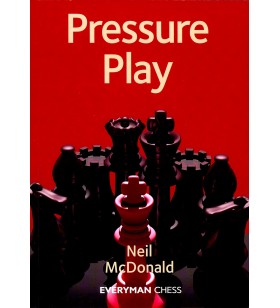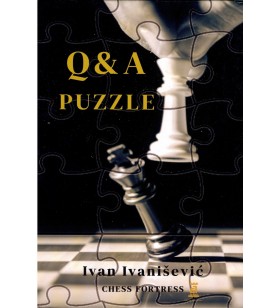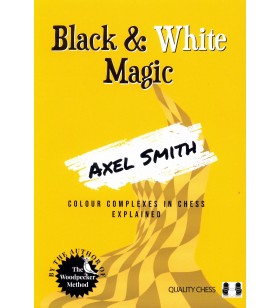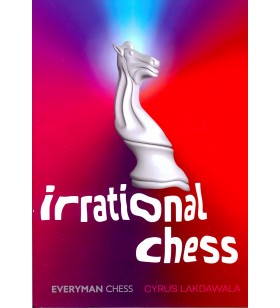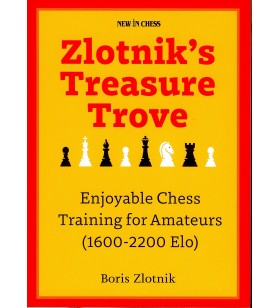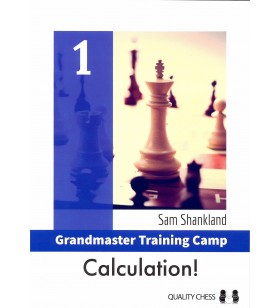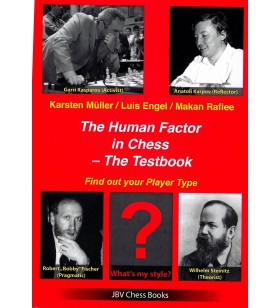Regan/Ball - Zwischenzug (a comprehensive guide to Intermediate Moves in Chess)
Zwischenzug! is the first-ever comprehensive guide to the chess tactic also known as the intermediate move, or intermezzo. This exciting manoeuvre can catch opponents off guard because it is against the expected run of play. You will learn how to spot Zwischenzugs, when to look out for them, and how to set them up in your games.
The authors have studied thousands of games and have identified the patterns that appear frequently in practical play. The book categorizes the different types of Zwischenzugs and distils them into easily accessible themes. The concepts are given catchy names to make them more memorable, and historical details and anecdotes are added throughout the book.
Included is an extensive mix of sample puzzles for learning and practice.
When published on Chessable, the course was received very enthusiastically and awarded an average rating of 4.82 out of a possible five stars. Another welcome effect is that the authors are now finding a lot of Zwischenzugs in their own games! 280 pages

 Français
Français Nederlands
Nederlands English
English
